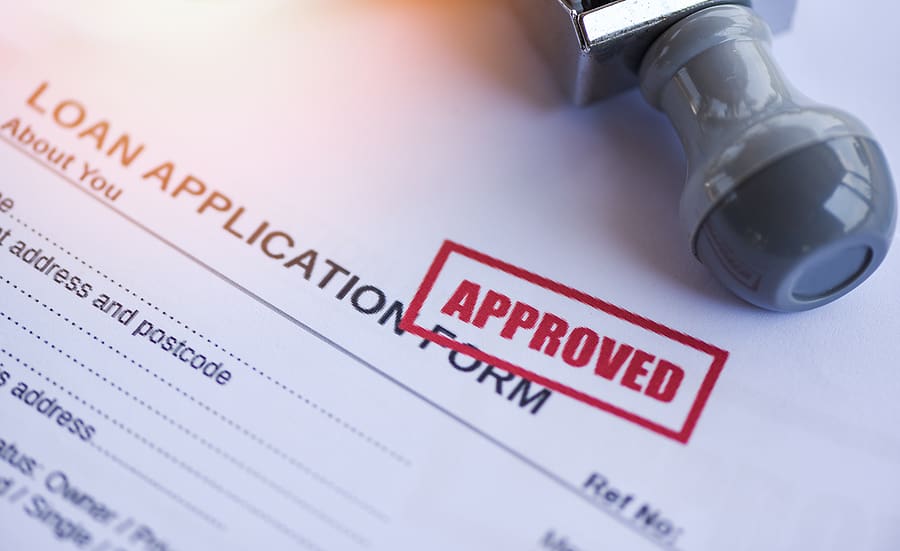
Q4 2024 V-AID Newsletter
Articles in this new issue are about Small Business Confidence Grows with Hopes Set on Election Outcome, Dealmaking Activity Grows, Buyers Pay Higher Prices for Retail and Service Businesses, and Seller Financing on the Rise, Rate Cuts Not Changing Buyers’ and Sellers’ Timelines.
The V-AID Monthly Newsletter was created to provide the latest news, updates, and insights to buyers and sellers for small businesses in Main Street (values $0-$2MM) and the lower middle market (values $2MM-$50MM).

Q2 2024 V-AID Newsletter
Articles in this new issue are about Buyers Pay Premium for Profitable Restaurants as Sale Prices Jump 9%, Sellers Unload Distressed Retail and Manufacturing Businesses at Reduced Prices, 70% of Small Business Owners Say Inflation Not Easing, Labor Costs Weigh Heavy, and 2024 Market Outlook.
The V-AID Monthly Newsletter was created to provide the latest news, updates, and insights to buyers and sellers for small businesses in Main Street (values $0-$2MM) and the lower middle market (values $2MM-$50MM).

Q1 2024 V-AID Newsletter
Articles in this new issue are about Strong Labor Market, Rising Minimum Wages, and Inflation Compound Challenges for Business Owners, and 2024 Market Outlook.
The V-AID Monthly Newsletter was created to provide the latest news, updates, and insights to buyers and sellers for small businesses in Main Street (values $0-$2MM) and the lower middle market (values $2MM-$50MM).

Q4 2023 V-AID Newsletter
Articles in this new issue are Small Business Owner Confidence Remains Low as Inflation and High Costs Squeeze Business Values, Small Business Transactions, Market Expected to Continue Adapting to High Interest Rate Environment.
The V-AID Monthly Newsletter was created to provide the latest news, updates, and insights to buyers and sellers for small businesses in Main Street (values $0-$2MM) and the lower middle market (values $2MM-$50MM).

Policy Updates to SBA Program Benefits Business Owners While Creating Growing Access to Capital
The recently enacted Small Business Administration rules, and the recent move to grant Small Business Lending Company (SBLC) licenses to FinTech lenders have created a significant shift in the financial landscape of business transactions. These new regulations are intended to benefit underserved communities and small businesses by promoting more efficient and effective access to capital, but several lenders worry these changes may also have negative impacts on the SBA program moving forward. Still, the changes are mostly in favor of business owners and will allow greater flexibility in dealmaking. We’ll discuss the various ways in which these updates could change your approach to business transactions as well as the impact a growing number of nonbank FinTech lenders could have on the SBA program.
To give you an overview, here are some significant SBA program updates you should be aware of:
1) Liquidity rules and limits for personal finances have been removed.
2) It’s now possible to partially change ownership, whereas previously, it had to be a complete 100% change.
3) Sellers are now allowed to remain as “key” employees for an extended period of time, as opposed to the previous limit of 12 months and not being able to hold a “key” position.
4) Seller notes contributing to the down payment can be on standby for 24 months instead of the entire loan term.
5) The lender now determines approval for franchise eligibility, as the SBA Franchise registry has been removed.
Sellers Holding a Seller Note No Longer On Standby For the Life of the Loan.
Many of the new regulations are believed to have a very positive impact on our industry. The recent change to allow seller note contributions toward downpayment to be on standby for 24 months is a significant improvement. Previously, sellers who contributed to a buyer’s down payment were required to be on full standby throughout the loan’s entire lifespan. This change provides a more reasonable repayment timeline, and it is expected that more sellers will be willing to assist buyers with their down payments.
Seller Can Be Considered a “Key” Employee
The prospect of a seller staying on as a key employee has now become a reality. Surprisingly, this is something the SBA has said they would never allow in the past but now appears to be happening. This development is crucial for our industry, especially those businesses that require a specialty license, such as HVAC, Plumbing, Electrical contracting, and more. With the seller allowed to remain with the business as a key employee, the buyer can hold the license moving forward. This rule shift took effect in August of 2023. This allows for additional flexibility for specialty businesses as we advance.
Removal of Liquidity Rules Opens Door for High-Net-Worth Buyers
Previously, borrowers were only allowed to keep a certain amount of “Liquidity” after closing, and if their liquidity was too high, they would become ineligible for SBA financing. However, with this requirement removed, high-net-worth individuals of any level can now secure financing for acquisitions. These buyers typically seek larger businesses and are now eligible for the 7(a) program. This change will likely increase the pool of potential buyers for numerous businesses.
SBLC Licenses Granted to NonBank FinTech Lenders
Additionally, the SBA recently lifted the moratorium for licensing new SBLCs. The premise is to provide lower-served communities greater access to start-up capital loans ranging from 25K to 100K. The SBA has since granted 3 SBLC licenses to nonbank FinTech lenders. FinTech lending uses digital technology to enable lenders to issue loans through websites or mobile applications. The SBA is going to allow this algorithm-based lending, something that was done for PPP loans in the past. However, there are mixed opinions and concerns from several lenders such as banks with the Independent Community Bankers of America (ICBA) proposing the need for greater oversight and regulation for these FinTech lenders, arguing that loans from these lenders can be acquired with minimal criteria, no personal interviews, and little communication.
Why the ICBA Opposes Opening SBA 7(a) Loan Program to Nonbank FinTech Lenders.
During the PPP loan years, many FinTech lenders emerged to help small businesses expedite their assistance loans. However, the FinTech sector has a significant problem: it has been implicated with high levels of PPP loan fraud and default. This ICBA fears that FinTech lenders may soon be responsible for unprecedented levels of default within the program, which has never been seen in the SBA’s 70-year history. If the default rates of these lenders even come close to those of the PPP loans, the entire program may run out of funds to guarantee acquisition loan requests within a year. This could result in American taxpayer dollars being used to provide future funding for the program. A program that has not received government funding since 2001. This prompted the ICBA to testify before Congress. They explained how community banks have historically gone to great lengths to ensure buyers qualify for such loans. They went on to explain how they work for many months with potential start-ups to help create business plans, compile projections, and provide valuable advice through the first years of operation to ensure success. They argued this level of advice and guidance is critical to borrowers’ repayment ability and greatly decreases defaults on this type of financing. These were among several reasons the ICBA believes that nonbank FinTech lending is no substitute for federally regulated bank lending within the SBA 7(a) Loan Program. The SBA, however, challenged many of these concerns and said it was not a fair comparison to equate fraud in PPP with potential fraud in the regular 7(a) loan program, citing the latter program’s “well-established and robust operating policies and procedures.”
In Summary
The recent SBA changes will benefit both those looking to buy or sell a small business. While many within the industry are keeping a close eye on nonbank FinTech lenders moving forward—there are still great lending opportunities. Moreover, the SBA introduced several policy changes that help create greater flexibility in dealmaking for buyers and sellers, such as giving sellers looking to support a buyer’s down payment a more palatable 24-month timeline to start receiving repayment. It’s an exciting time for small business owners and entrepreneurs, especially as possibilities that previously seemed out of reach are becoming increasingly attainable. This is an ideal time to plan your future move or business acquisition. If you’re thinking about your business exit or next acquisition process, contact V-AID for help navigating these changing guidelines so you can best capitalize on available opportunities.
Read More